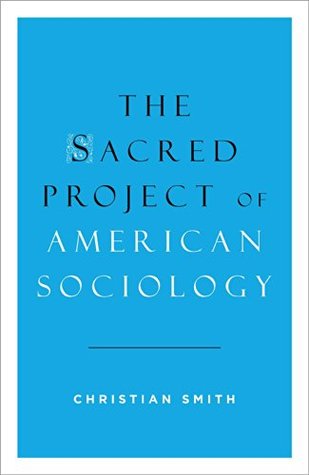More on this book
Kindle Notes & Highlights
forbidden to be violated,
They are reverenced, venerated, and defended as sacrosanct by the social groups that hold them as sacred.
beyond questioning or disrespect.
Things sacred thus have particular powers to motivate and direct human action on their behalf and for their protection.
Cecil Greek, 1992, The Religious Roots of American Sociology, New York: Garland;
Lasch 1991.
Collectively, they are focused on threatening social problems (about which sociologists are the prophetic experts), injustices committed (about which sociologists are the whistle blowers),
abuses by economically and politically (especially “neo-liberal”) powerful elites (ditto on whistle blowing), and mobilizing social and political movements for sociopolitical and economic change (about which sociologists are the scientific experts and cheerleaders).
reporting back to those societies what really is going on in and among them, why and how so, and with what apparent consequences.
openness, curiosity, humility, versatility, pluralism, and the ability to relate to a host of different kinds of people and groups.
personalism insists on speaking of people as “persons” instead of “individuals,” because the former involves natural social ties and obligations while the latter suggests atomistic autonomy.
For helpful analyses of the naturalistic approach to morality that personalism embraces and the differences between that and the approach to morality reflected in “public sociology,” see Phil Gorski, 2013, “Beyond the Fact/Value Distinction: Ethical Naturalism and the Social Sciences,” Society, September/October, 50(5), pp. 543–553; Christian Smith, 2013, “Comparing Ethical Naturalism and ‘Public Sociology,’” Society, September/October, 50(5), pp. 598–601.


